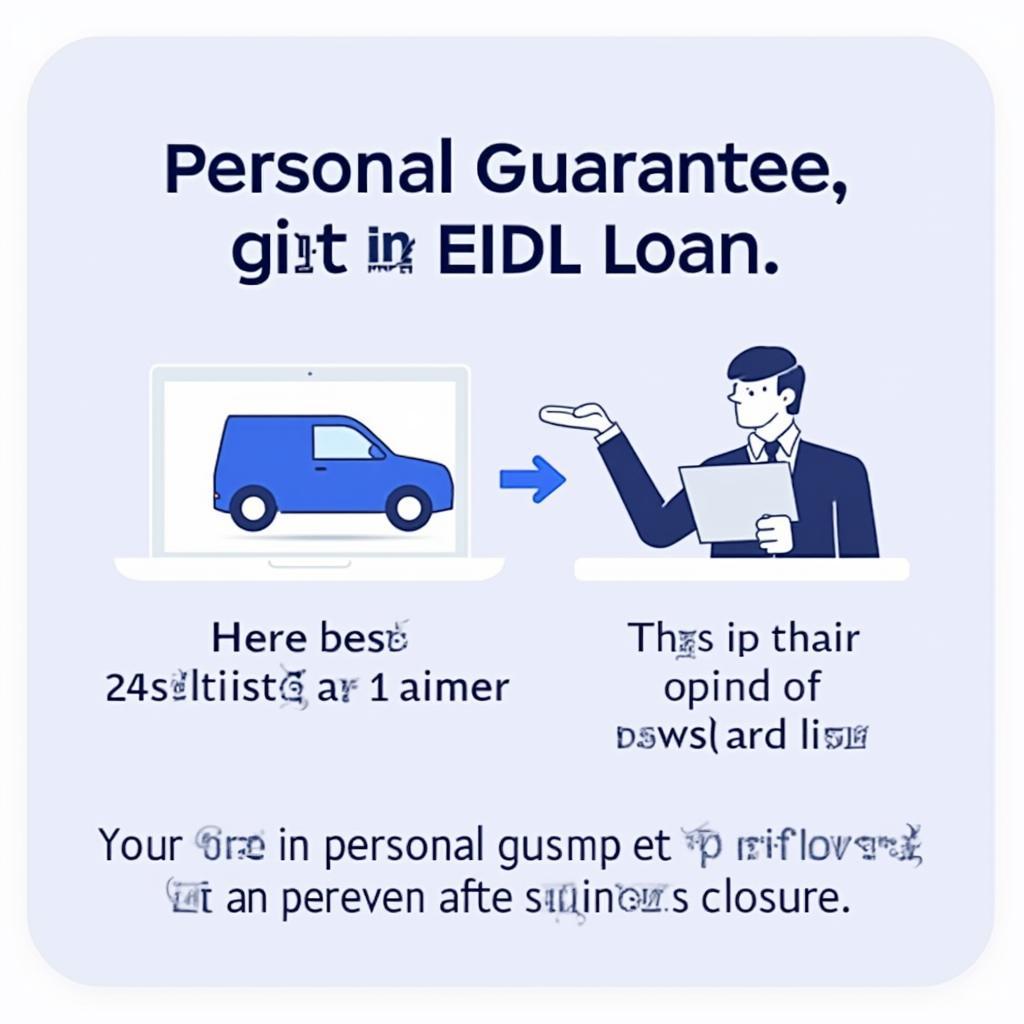
What Happens to an EIDL Loan if Your Business Closes Down?
Closing a business is a difficult decision, often accompanied by financial complexities. If you have an Economic Injury Disaster Loan (EIDL), understanding your obligations even after closure is crucial. This article will guide you through the process and explain what happens to your EIDL loan if your business shuts down.
Understanding Your EIDL Loan Obligations
EIDL loans, provided by the Small Business Administration (SBA), are designed to help businesses recover from economic hardship. However, these loans are not forgiven upon business closure. Your responsibility to repay the loan remains, regardless of the business’s operational status. Failure to manage these obligations can have significant personal financial consequences.
Personal Guarantee and Collateral
Most EIDL loans require a personal guarantee. This means you are personally liable for the debt, even if your business ceases operations. The SBA can pursue your personal assets to satisfy the loan balance. Additionally, if you pledged collateral for the loan, such as equipment or real estate, the SBA can seize and sell these assets to recover the debt.
 EIDL Loan Personal Guarantee Illustration
EIDL Loan Personal Guarantee Illustration
Communicating with the SBA
Upon deciding to close your business, it’s vital to communicate with the SBA immediately. Explain your situation and explore potential options. Ignoring the loan will only worsen the situation, potentially leading to legal action and damage to your credit score. Open communication can help you understand the available options and navigate the process effectively.
Exploring Repayment Options
While the SBA expects full repayment, they may offer options to help manage your debt. These could include loan deferment, modification, or, in rare cases, an offer in compromise. Eligibility for these options depends on your specific circumstances and the SBA’s assessment of your ability to repay.
 Exploring EIDL Repayment Options
Exploring EIDL Repayment Options
Consequences of Non-Payment
Failing to repay your EIDL loan can result in severe consequences. These can include wage garnishment, seizure of assets, and damage to your credit rating. This can make it difficult to secure future financing or even rent an apartment. It’s crucial to prioritize repayment to minimize long-term financial repercussions.
Liquidating Assets to Repay the Loan
If your business has assets, liquidating them can help repay the EIDL loan. This could involve selling inventory, equipment, or even the business itself. Consult with a financial advisor or bankruptcy attorney to determine the best approach for liquidating assets and prioritizing debt repayment.
Priority of Creditors
In the event of business closure, creditors are paid according to a specific hierarchy. Secured creditors, those with collateral, are paid first. The SBA, holding a personal guarantee and potentially collateral, typically has a high priority in this process.
Seeking Professional Advice
Navigating the complexities of EIDL loan repayment after business closure can be overwhelming. Seeking professional advice from a financial advisor or bankruptcy attorney can provide valuable guidance. They can help you understand your options, negotiate with the SBA, and protect your personal finances.
Conclusion
Closing a business with an outstanding EIDL loan requires careful planning and communication with the SBA. Understanding your obligations and exploring available options is essential to mitigate the financial impact. Seeking professional advice can provide invaluable support during this challenging time, helping you manage your EIDL loan responsibilities effectively even after business closure.
FAQ
- Can I discharge an EIDL loan in bankruptcy? While some business debts can be discharged, EIDL loans backed by a personal guarantee are generally not dischargeable.
- What happens if I don’t contact the SBA after closing my business? The SBA will pursue collection efforts, which can include legal action and damage to your credit.
- Can I transfer my EIDL loan to another business? EIDL loans are typically not transferable.
- How long does the SBA have to collect on an EIDL loan? The SBA can pursue collection for several years, depending on state laws and the terms of your loan agreement.
- Will the SBA negotiate a settlement on an EIDL loan? The SBA may consider an offer in compromise under specific circumstances, but it’s not guaranteed.
- What documentation do I need to provide the SBA when closing my business? You’ll need to provide documentation related to business closure, financial statements, and any relevant legal documents.
- Where can I find more information about EIDL loan repayment? The SBA website provides detailed information about EIDL loan repayment options and procedures.





